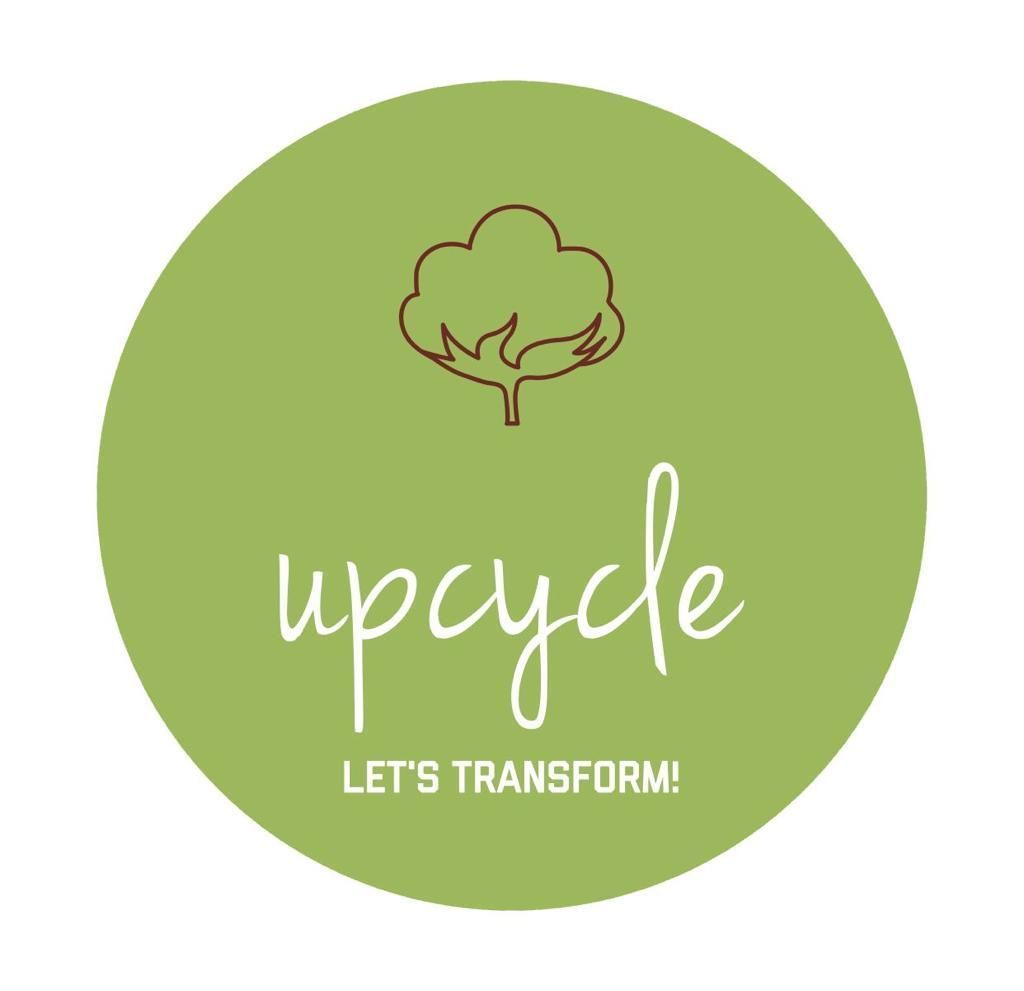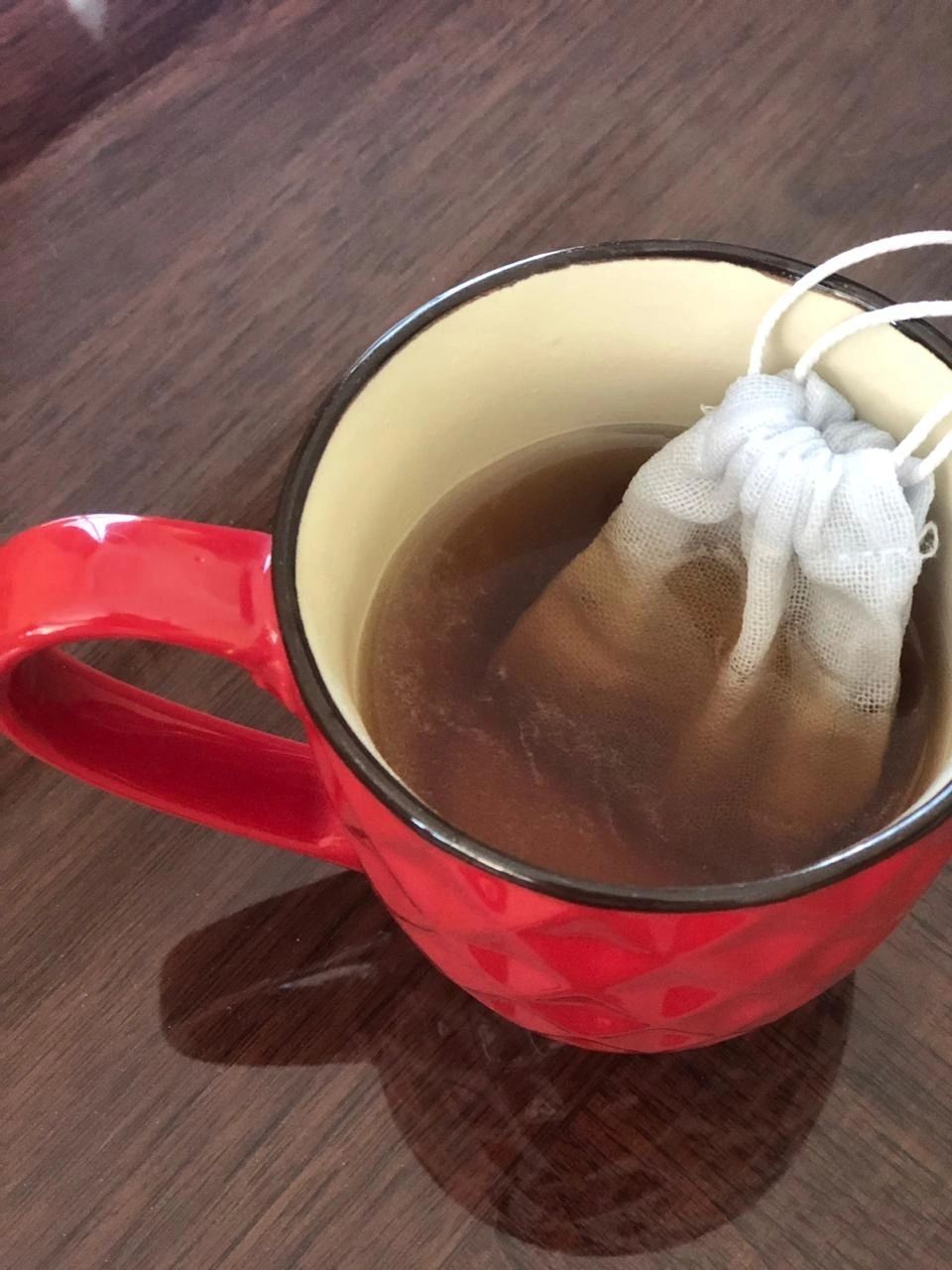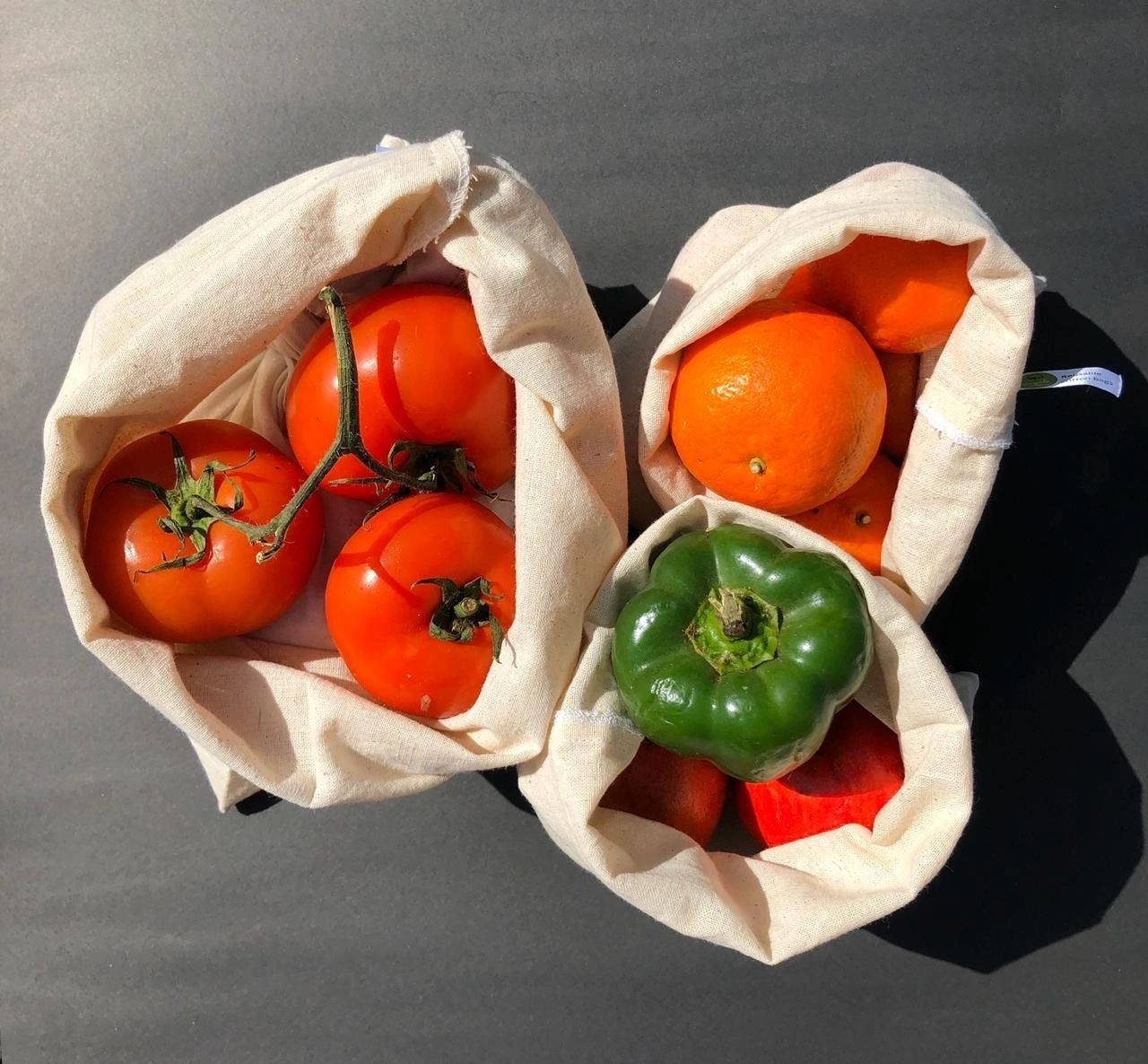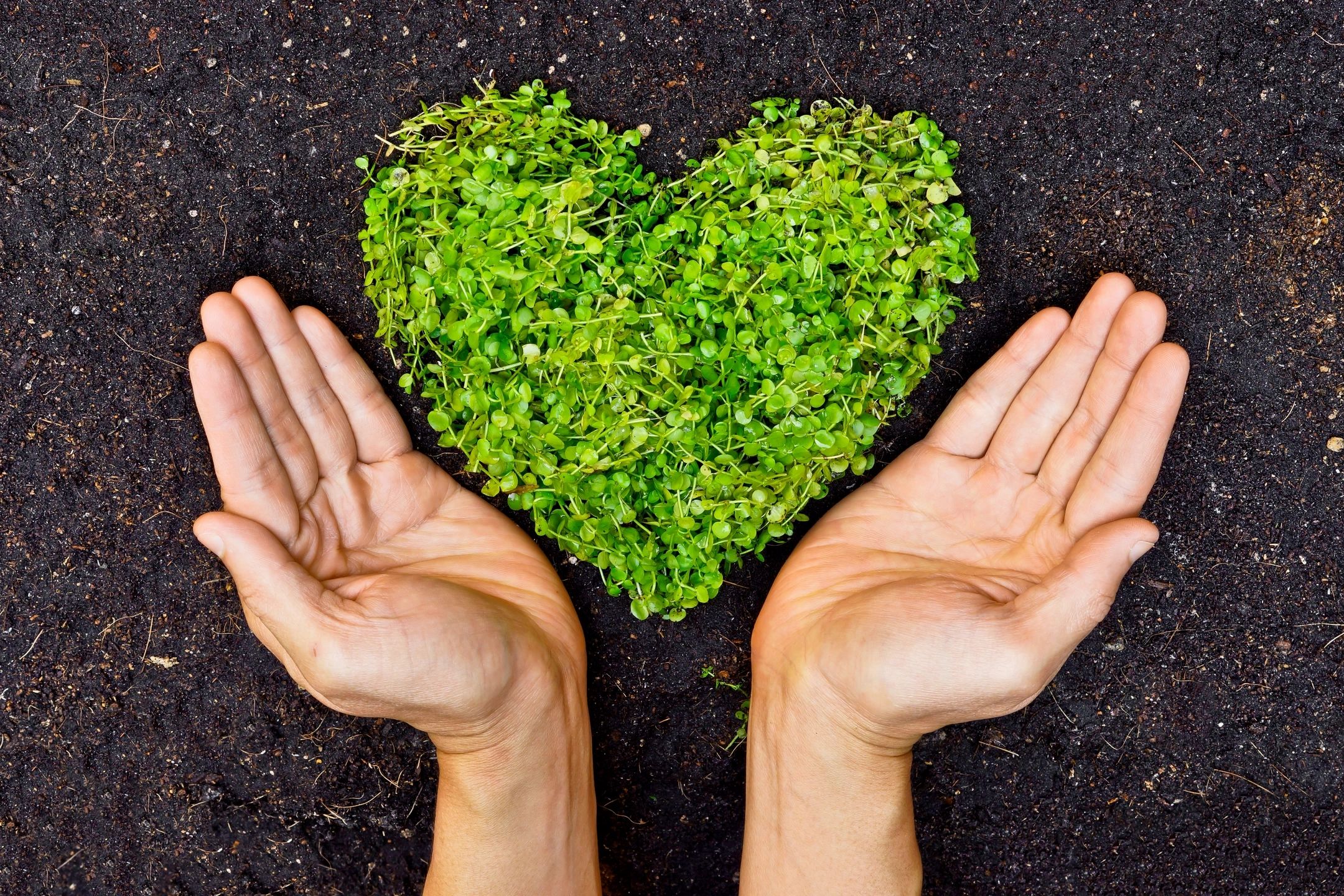Composting
I love being a hostess. So, when I moved into a new apartment, I loved decorating it and calling friends over for dinner get togethers. Quite surprisingly, setting up this house was a real eye opener for me, because we were generating so much waste- discarded Amazon plastic covers, cardboard boxes, and obviously a lot of vegetable and fruit waste.
So, I started reading up more about how to reduce the waste. One easy change was reducing how much food we ordered. But that resulted in even more organic waste. That’s when I turned to composting, to handle the waste at source. First step was to segregate the waste into organic and recyclable waste and non- recyclable waste. Being able to see the waste in separate groups, made it easy to change practice to reduce that particular kind of waste. Composting is the naturally occurring process of decomposing the dead organic matter into nutrient-rich, crumbly substance that we call compost. The main ingredients in any composter are green matter (nitrogen rich, wet waste like fruit and vegetable peels) and brown matter (carbon rich, dry waste like leaves, coconut fiber etc). Composting can be thought of as nature’s way of recycling.
I compost using one Plastic composter and one terracotta composter. These two are enough to handle the daily kitchen waste (mostly vegetable and fruit peels, tea leaves and coffee grounds and sometimes leftover food) from my two-person household. The process of composting is really simple. I make layers of composting powder and organic waste in the composter until the bin is full. Then I let it sit for forty to fifty days for the food to decompose into organic manure. Finally, once the compost is ready, it can be used in plants as fertilizer or can be used to make more compost!
Since I have started composting, I feel so powerful, knowing exactly what is happening to the kitchen waste (and while working on reducing the other waste in an attempt to become zero waste). Also, contrary to popular fear, foul smell and bugs do not get attracted to the composter if kitchen waste and compost making powder are layered correctly, and water balance is maintained. However, if bugs do come in my composter, I know that is a good sign, because it means that nature is busy at work turning food waste into compost! Nothing in nature works in isolation, every process has its key characters, microbes are the main guys in the composting story, sometimes worms and bugs are strong supporting characters.
My composting journey started in 2019 as an attempt to move towards less wasteful lifestyle. My “Aha!” moment with composting happened when I harvested my first batch and saw that watermelon and musk melon peels had literally turned into dirt. Since it was my first time, I was quite skeptical of how the end product will look like, but after the first harvest I was sold on composting. I am sure if you try it, you will too! Happy Composting!
– Tanushree Rawat





